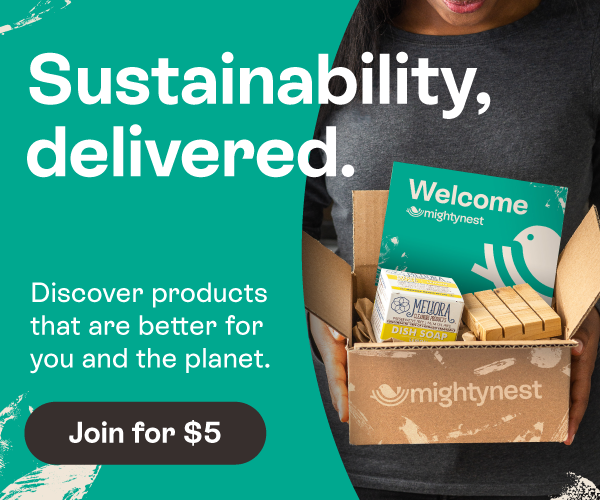Organic Cotton Pajamas
 Kids are lucky, they spend so much time in pajamas! An average of 11-15 hours a day for young children. Even more during the holidays due to no school and long travel days. As for infants, well, they spend pretty much all of their time in pjs no matter what. So shouldn’t they be as safe and cozy as can be?
Kids are lucky, they spend so much time in pajamas! An average of 11-15 hours a day for young children. Even more during the holidays due to no school and long travel days. As for infants, well, they spend pretty much all of their time in pjs no matter what. So shouldn’t they be as safe and cozy as can be?
Many pajamas on the market tempt our kids with their favorite movie characters, book heroes, and cute sayings. What's not so cute, or obvious, are the chemicals that come along as part of the package. All major processing stages along the cotton chain use large amounts of chemicals of various toxicity and hazardousness. With their rapidly developing bodies, infants and children are the most susceptible to the potentially harmful chemicals they’re exposed to by wearing conventional sleepwear.
Why organic cotton matters
The effects of non-organic cotton production are wide ranging and the global environmental impact of conventional cotton is significant. For one thing, cotton is a very pesticide-intensive crop. In India, for example, cotton accounts for 5% of the land under crops and 54% of annual pesticide use.
Use of those chemicals can have a serious impact on both the environment, and the health of the people who apply them. Especially in developing countries, where farmers often lack the equipment, information and training to handle pesticides safely.
To top it off, The use of genetically-modified (GM) cotton has increased remarkably in recent years. Concerns about Gm varieties are not limited to edible crops. Planting GM cotton that is resistant to some insect pests and/or tolerant of certain herbicides can genetically contaminate open pollinated varieties and wild relatives of crops. significantly alter the balance of the ecosystem, encourage the use of chemicals whose impacts are still unknown.
Improvements in cotton production are definitely been made: chemicals are increasingly recycled or replaced by safer alternatives, and waste water is treated so as to reduce pollution. However, these improvements mainly concern processing mills in rich countries, and sub-standard environmental practices are common in developing countries, where most clothes are made.
Obviously, we’re not going to all rush out and replace our families wardrobes. So consider start with the thing kids constantly need and wear most: pajamas.
Our 100% organic cotton PJs are unbelievably soft and comfy, as well as chemical-free from field to factory. From infant buntings and footie pajamas, to long and short sleeved pj sets for kids up to size 8, we’ve got kids covered for safe slumber.
See our full collection of infant and kids sleepwear here. And be all set for safe, sweet dreams.



